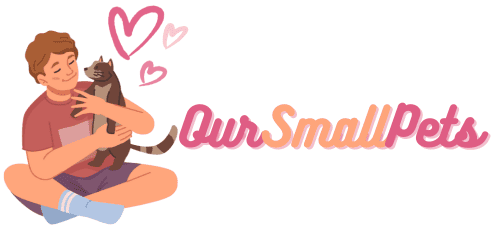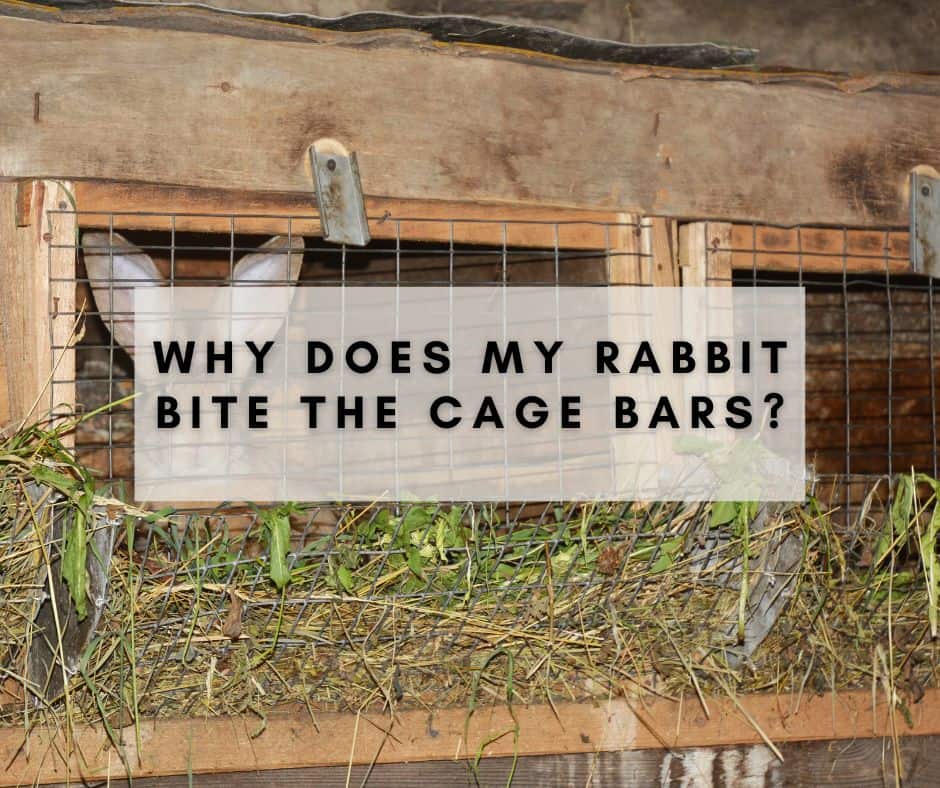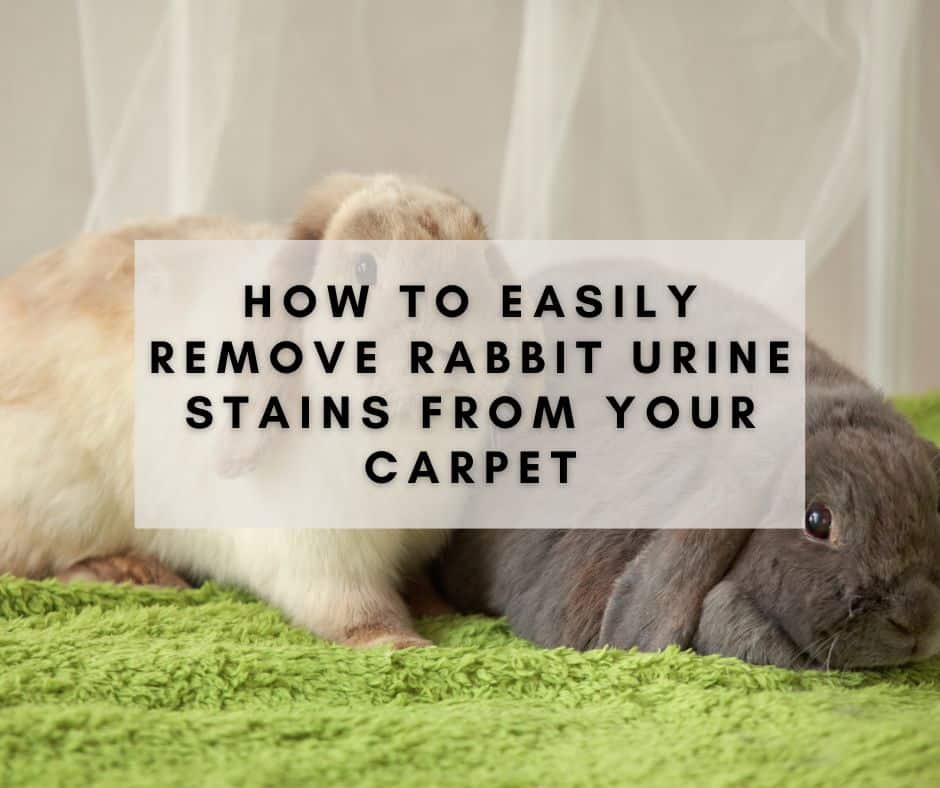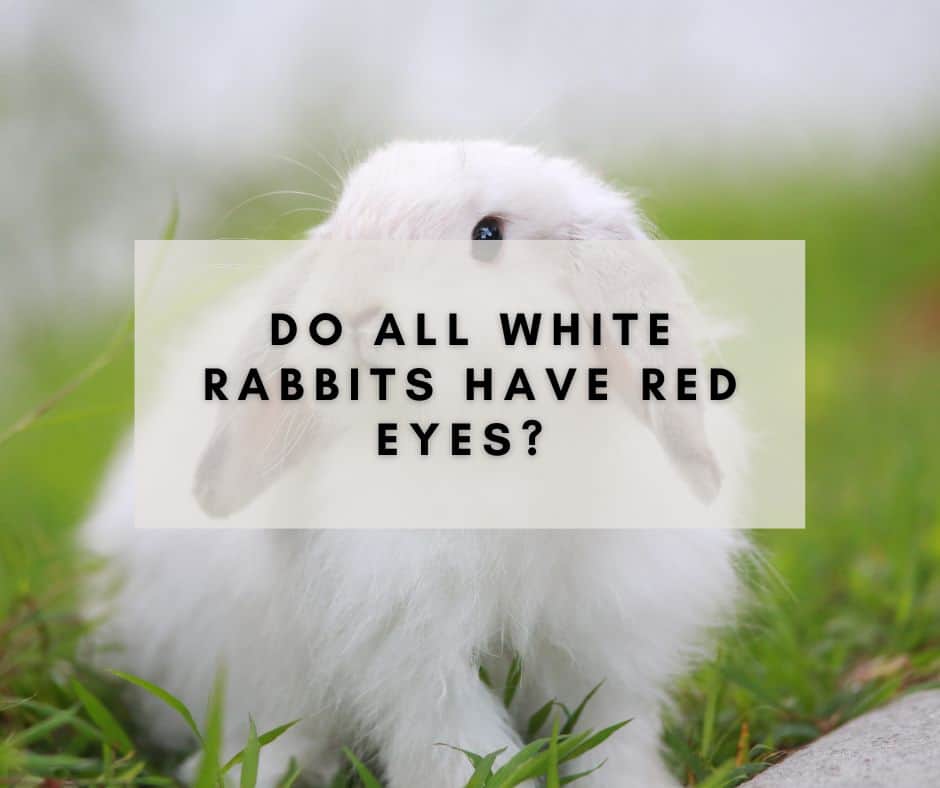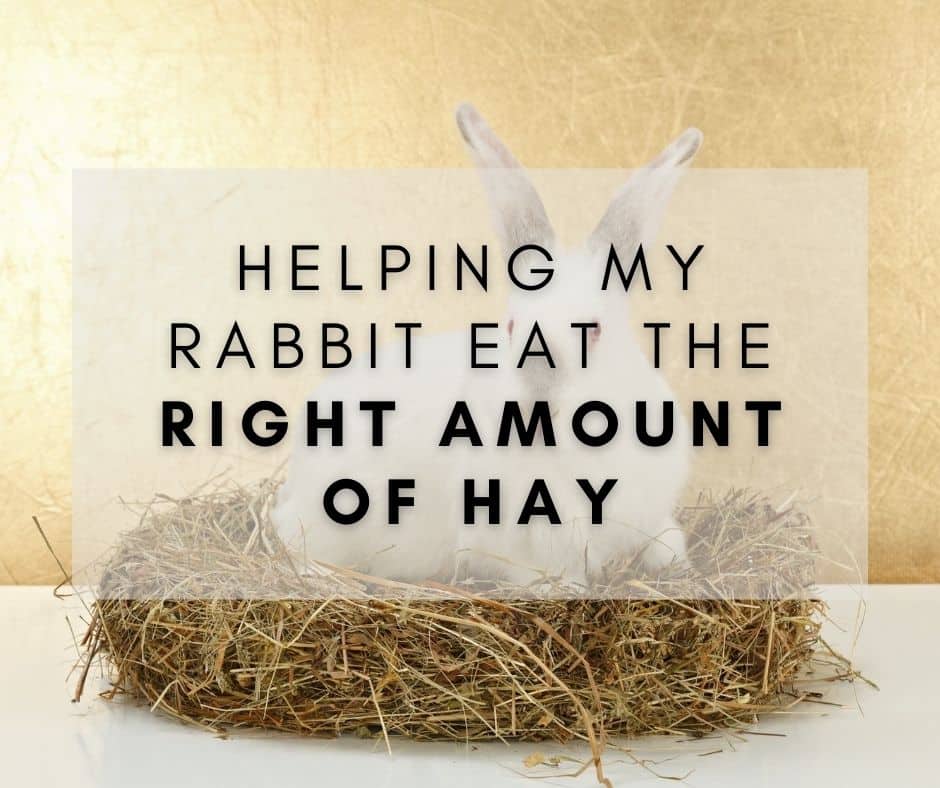
Do you own a rabbit? Maybe you are considering getting one. Rabbits make great pets! But, like any pet, they require some work to ensure they stay happy and healthy. One area of responsibility is making sure your pet eats enough hay each day. Hay provides rabbits with fiber to help their digestive system function well. They also need it for teeth wear prevention and weight regulation. Today we will discuss how much hay does a rabbit eat per month, and how to help an owner plan the meals for your furry friend!
As a general rule, rabbits should have access to unlimited hay 24 hours a day. This means that they should have a constant supply of hay to nibble on. Most rabbits will eat about one-quarter to one-third of their body weight in hay each day. For example, if your rabbit weighs four pounds, she should consume at least one pound of hay per day.
You can help your rabbit consume the right amount of hay by offering her unlimited access to fresh grass. This means your yard should have a lawn that is mowed regularly and contains no pesticides or herbicides. You can also give your rabbit greens from vegetables such as broccoli, cabbage, spinach or carrots. While these are healthy for rabbits in small quantities, they shouldn’t make up the majority of their diet.
Contents
- 1 How many pounds of pellets per month then?
- 2 Should you feed your rabbit hay or pellets?
- 3 How often should you feed your rabbit?
- 4 What should a baby rabbit eat?
- 5 How much should an adult rabbit eat?
- 6 How much does a senior rabbit need to eat?
- 7 What to do if your rabbit isn’t eating?
- 8 Do rabbits stop eating when they are full?
- 9 How much water should your rabbit drink?
- 10 Conclusion
How many pounds of pellets per month then?
Rabbits can also consume a small number of pellets each day. The recommended amount of pellets per month depends on the weight of your rabbit. As a general rule, adult rabbits should eat about two tablespoons of pellets per day. If you have a baby or dwarf rabbit, she should consume one tablespoon per day. You can help your rabbit eat the right amount of pellets by splitting them up into two or three feedings per day.
If your rabbit is older than 8 months, the following list applies (source):
1/8 cup daily 2-4 lb ideal body weight.
1/4 cup daily 5-7 lb ideal body weight
1/2 cup daily 8-10 lb ideal body weight.
3/4 cup daily 11-15 lb ideal body weight
You can help your rabbit prevent weight gain by keeping her active and making sure she gets plenty of exercises. You may also want to consider trimming down the amount of pellets you feed your pet on a daily basis.
Again, remember that hay should make up the majority of your rabbit’s diet. Pellets and vegetables are supplemental items that should only make up a small portion of their daily intake. By providing your furry friend with plenty of hay and monitoring her weight, you can help ensure she stays healthy and happy!
Should you feed your rabbit hay or pellets?
The answer to this question really depends on your rabbit’s diet. As we mentioned earlier, hay should make up the majority of a rabbit’s diet. This is because it provides them with the fiber they need to stay healthy. However, some rabbits may also enjoy eating pellets. You can help your furry friend eat the right amount of pellets by offering her a small number each day. This will help prevent her from becoming overweight.
If your rabbit is older than eight months, we recommend looking at the list above, to help find the right amount of pellets per day. Younger rabbits and dwarf rabbits should consume about one-quarter of a cup per day. Again, split these up into two or three feedings to help your rabbit eat throughout the day.
How often should you feed your rabbit?
Rabbits should be fed about twice a day. You can help your rabbit eat the right amount of food by splitting up her pellets and hay into two or three feedings per day. This will help keep her digestive system functioning properly and prevent her from becoming overweight.
However, as we mentioned earlier, your rabbit should have access to an endless supply of fresh hay. This is the most important part of her diet and should make up the majority of what she eats each day.
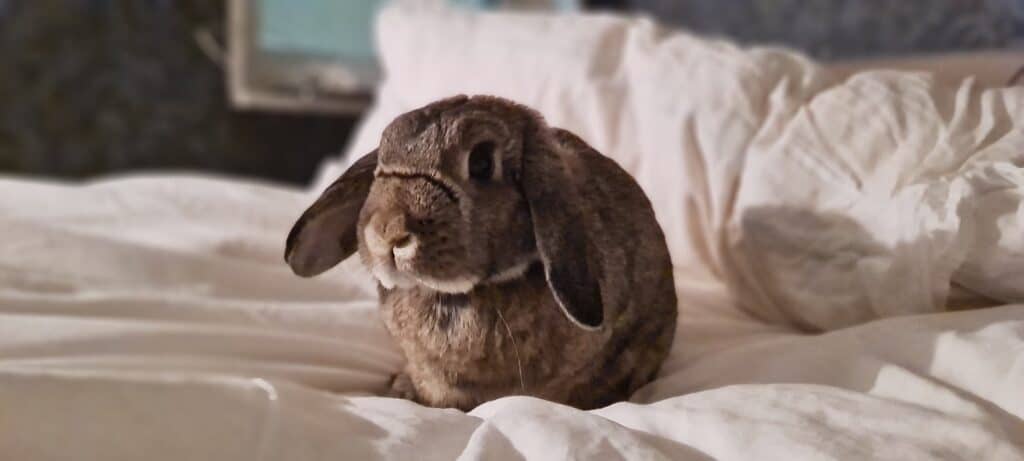
What should a baby rabbit eat?
A baby rabbit should eat a diet that is made up of hay, fresh vegetables, and water. The key to a healthy diet for your rabbit is to make sure they are getting enough hay in their diet. A good way to do this is to offer them unlimited access to hay. This will help them eat the right amount of hay per month.
For this example, I define a Baby rabbit as 8 weeks old. Baby rabbits should consume about one tablespoon of pellets per day. You can help your baby rabbit eat the right amount of food by splitting them up into two or three feedings. This will help her digestive system function properly and prevent her from becoming overweight.
(If you want to know what to feed a younger baby rabbit, read this article!)
How much should an adult rabbit eat?
Rabbits are herbivores and should eat a lot of hay to make sure they get enough fiber.
A lot of people also wonder about how to help their bunny eat the right amount of hay. One way is to put hay in different areas throughout the house so that your rabbit has to explore to find it. This will also keep your bunny entertained and active. You can also try different types of hay to see if your rabbit likes one better than the other.
How much does a senior rabbit need to eat?
Just like with people, a senior rabbit’s diet needs to be tweaked a bit to make sure they’re getting the right nutrients. They typically need around ¼ cup of hay per day, which is less than younger rabbits. You can mix in some fresh vegetables or fruit as well, but avoid high-sugar fruits like bananas and grapes. That said if you notice your senior rabbit isn’t eating as much hay and seems to have a harder time chewing it than normal, feel free to give them more.
You should also be sure that their water bottle is always full—it’s easy for rabbits to dehydrate quickly! If they don’t seem interested in drinking from the water bottle, you can also offer water in a shallow bowl.
What to do if your rabbit isn’t eating?
If your rabbit isn’t eating, there are a few things you can do to help. First, check the water bottle and make sure it’s full and that the spout is clean. Next, try offering a different type of hay or mix up the vegetables in their diet. You can also try hand-feeding them if they’re not interested in the food you’ve provided.
If you notice that your rabbit hasn’t eaten at all in a day you need to act quick, so contact your vet as soon as possible. An untreated rabbit can quickly fall ill and die from blocked intestines or other health problems. So, if your rabbit isn’t eating and you’re not sure why, please contact your vet for advice. They will be able to help diagnose the problem and provide treatment if necessary.
Do rabbits stop eating when they are full?
No, rabbits do not stop eating when they are full. In the wild, rabbits will eat until they’ve filled up their stomachs so that they have enough energy to continue foraging. Domestic rabbits can easily become overweight if they’re overfed, so it’s important to only give them as much food as they need!
How much water should your rabbit drink?
A healthy rabbit should drink around two ounces of water per day. If your rabbit isn’t drinking enough, you might need to increase the number of water bottles or bowls, in their pen or try a different type of water bottle. You can also add some wet food to their diet to help them stay hydrated.
If you have more than one bunny and they are fighting over their water bottles or bowls, try placing them in different corners of the pen or cage so that each rabbit has access without crowding another rabbit.
Conclusion
So, now you know how much hay to feed your rabbit each month, and the importance of keeping their water bottle full. If your rabbit isn’t eating, there are a few things you can do to help them get back on track. Contact your vet if they haven’t eaten in a day or if you’re not sure why they aren’t eating. And remember, you can use this blog post to help your rabbit eat the right amount of hay!
